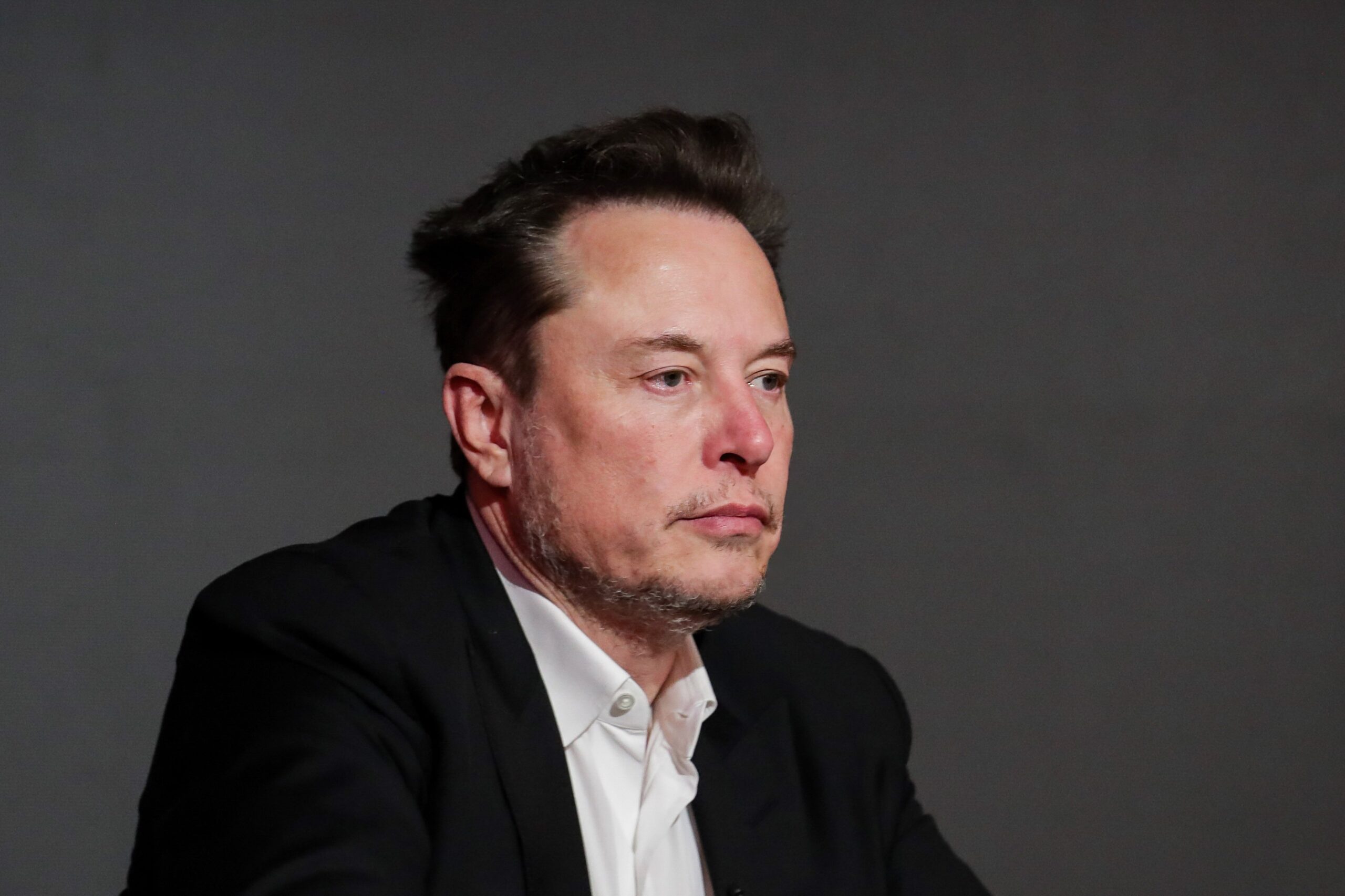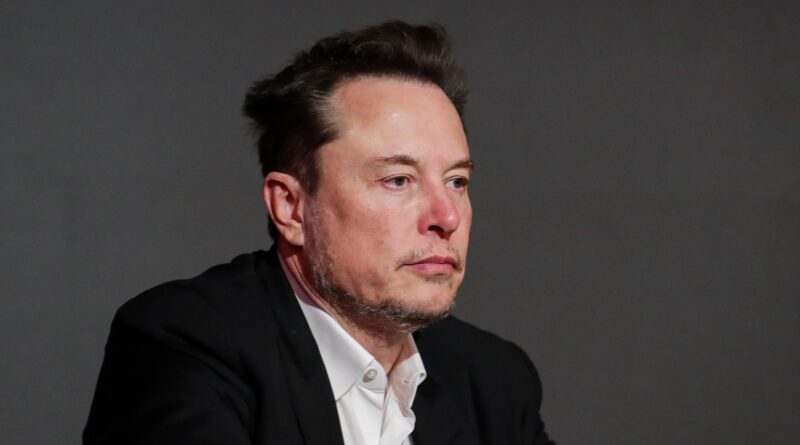Elon Musk and X lose lawsuit against anti-hate nonprofit

Elon Musk and his social media platform X just suffered an embarrassing defeat in court, where a judge pilloried the “free speech” company for attempting to silence a critic’s speech.
On Monday, U.S. District Judge Charles Breyer dismissed X’s lawsuit against the Center for Countering Digital Hate (CCDH), a nonprofit group that tracks hate speech on social media.
But, X’s courtroom loss is just one layer here. The judge also made it clear that Musk and his “free speech” company had clearly targeted the CCDH in an effort to punish the group for their speech.
“Sometimes it is unclear what is driving a litigation, and only by reading between the lines of a complaint can one attempt to surmise a plaintiff’s true purpose,” Judge Breyer wrote in his dismissal of the suit. “Other times, a complaint is so unabashedly and vociferously about one thing that there can be no mistaking that purpose. This case represents the latter circumstance. This case is about punishing the Defendants for their speech.”
Musk & X vs. CCDH, Winner: CCDH
Last year, the CCDH published a few reports looking at the proliferation of hate speech on Elon Musk’s X.
But, after a report from the CCDH that detailed how little action X takes against paying X Premium subscribers when those users espouse hate speech, Musk and company went on the offensive. Musk’s legal representative, Alex Spiro, sent a letter threatening legal action against the nonprofit, accusing the CCDH of trying to harm then-Twitter’s business. The CCDH refused to back down and X filed its lawsuit shortly after.
Musk himself started going after the group on X, saying he would “pull the mask off this organization.” In response to the CCDH calling out X’s legal threats as acts of intimidation, Musk said “they should save their words for the jury.”
However, there will be no jury trial, as Judge Breyer saw the lawsuit exactly as the CCDH claimed.
In its lawsuit filed in July, X attempted to argue that the use of its data and the way it was obtained by the CCDH — through scraping — was at issue here. Furthermore, X claimed that the CCDH was trying to “scare” advertisers away and cost the company millions in ad revenue.
The judge was not buying X’s argument, though.
“It is impossible to read the complaint and not conclude that X Corp. is far more concerned about CCDH’s speech than it is its data collection methods,” Judge Breyer wrote.
“The Court notes, too, that X Corp.’s motivation in bringing this case is evident,” he continued. “X Corp. has brought this case in order to punish CCDH for CCDH publications that criticized X Corp. — and perhaps in order to dissuade others who might wish to engage in such criticism.”
Judge Breyer also pointed out that perhaps there would have been a case if CCDH’s reports were defamatory, but X itself “has carefully avoided saying that they are.”
The case was dismissed under anti-SLAPP (Strategic Lawsuit Against Public Participation) law, which helps defendants quickly dismiss frivolous lawsuits intended to silence critique. One claim was dismissed for “failure to adequately allege a loss.”
“Throughout Elon Musk’s loud, hypocritical campaign of harassment, abuse, and lawfare designed to avoid taking responsibility for his own decisions, CCDH has remained quietly confident in the quality and integrity of our research and advocacy,” Center for Countering Digital Hate CEO and founder Imran Ahmed said in a statement. “Our aim has always been to alert the world to corporate failures that undermine human rights and civil liberties.”
X says they plan to appeal the decision:

